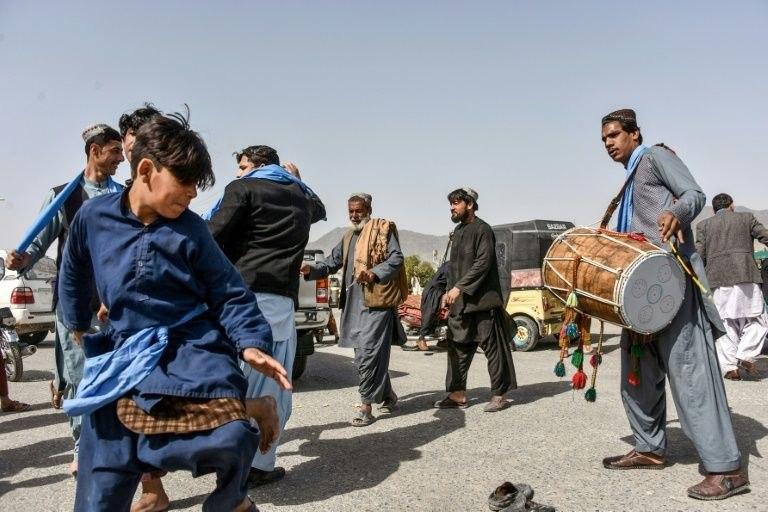There is a considerable excitement in Afghanistan over reduction in violence period. Ordinary Afghans are excited about a temporary truce which was announced on Friday night by the Taliban and welcomed by the Afghan government.
Though there is a wave of concern over political uncertainty, election crisis and it is not clear what the country will be facing in coming months, many Afghans are optimist about future of Afghanistan after the Taliban leaders have shown willingness to put an end the 18-year-long bloody war that have taken thousands of innocent lives.
“News headlines were usually about killings and war in provinces, but today all I read were good news and felt the peace wholeheartedly,” said Haniya Malik, a resident of Kabul. She added that many of her friends have traveled to insecure provinces of Nooristan and Helmand without any fear after the reduction in violence started.
Malik Asi, another resident of Kabul, however, says, “There is no certainty for a real security if we go somewhere untroubled.”
The Taliban have bolstered their militancy in the central Ghor province in recent years. As the result of attacks by the militants, Commander of US-led NATO’s Resolute Support mission in Afghanistan, Gen. Scot Miller, paid a visit to the province along with high Afghan security officials last summer. The visit was followed by a massive operation of Afghan security forces in which Herat-Ghor highway was secured from the Taliban control. The operation is now put on halt for observing the agreement of reduction in violence with the Taliban.
Hassan Hakimi, a resident of Ghor, said that the people have passed the first two days in peace. “The people are thirsty for peace in Ghor. Here people are happy for reduction of violence. The area where we live always comes under Taliban attack but is currently secure,” he stated.
Mr. Hakimi, who is a civil society activist, claims that some Taliban fighters have told him since the beginning of the truce that they were forced to rage war for following their commanders while they did not want to fight.
In the western Farah province, Gul Ahmad Faqiri, a member of the provincial council, said that even a single bullet was not fired in the whole province since the reduction in violence period was kicked off. According to him, both Afghan forces and the Taliban have hitherto observed the agreement and telecommunication companies, which were banned operating during the night, are now operational during the nights as well.
The province has witnessed insurgency this year, with the capital city once come under Taliban offensive. Of 11 districts of Farah, the Taliban are currently controlling five districts namely Bakwa, Gulistan, Balabuluk, Khak-e-Safid, and Shibkoh districts.
Eastern Afghanistan has also witnessed a tranquil sphere of reduction in violence period. Din Mohammad Sapai, a member of Kunar provincial council, said that no bullet was fired since Monday and all schools are open for students. “Currently the Taliban and Daesh are fighting each other. It has also an impact on Pakistan’s cross-border missile attacks as no rocket has been fired since three days ago,” he added.
“The battles have decreased after the agreement on reduction in violence. There was fighting in ten districts of Faryab almost every night, but shelling has been heard just in two or three districts after announcement of reduction in violence,” said Mohammad Tahir Rahmani, a councilman from the northern Faryab province. He added that the telecommunication companies, which were forced to stop operations previously, have restarted their operations since the truce was put into effect.
But things have not gone as smoothly as expected in the two other northern provinces, with the Taliban claiming dozens Afghan forces have surrendered to the militant group in Balkh province.
Local security officials in Samangan province confirmed that the Taliban have kidnapped a district governor earlier on Monday, February 24, around 10:30 am.
Amanullah Kamran, a member of Ghazni provincial council, stated that the level of violence usually decreases during the spring season as the Taliban leave the province for Pakistan. Mr. Kamaran added that telecommunication companies have restarted their operations in the province as the result of reduction in violence.
The seven-day partial truce which is said to be a testing period for the Taliban, has seen some violence in different parts of the country. Local media reported on Sunday, February 23, that clashes erupted between Afghan forces and the Taliban at least in eight provinces on the second day of the truce.




